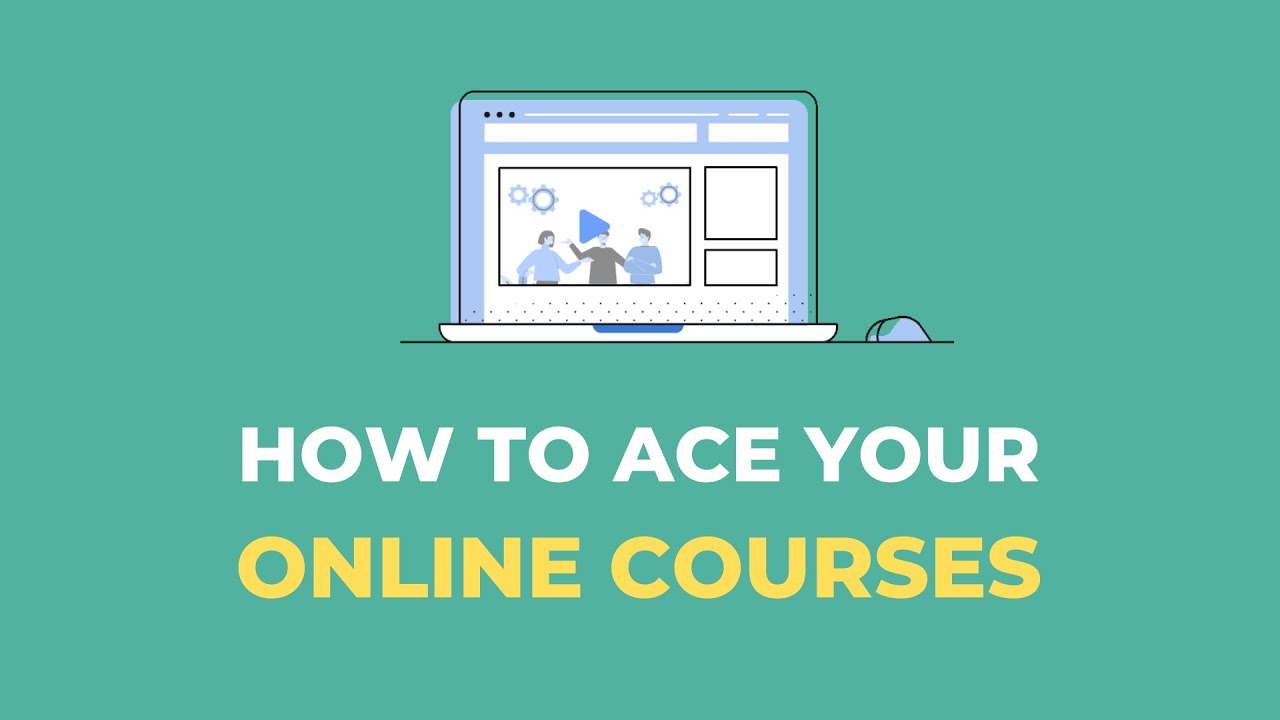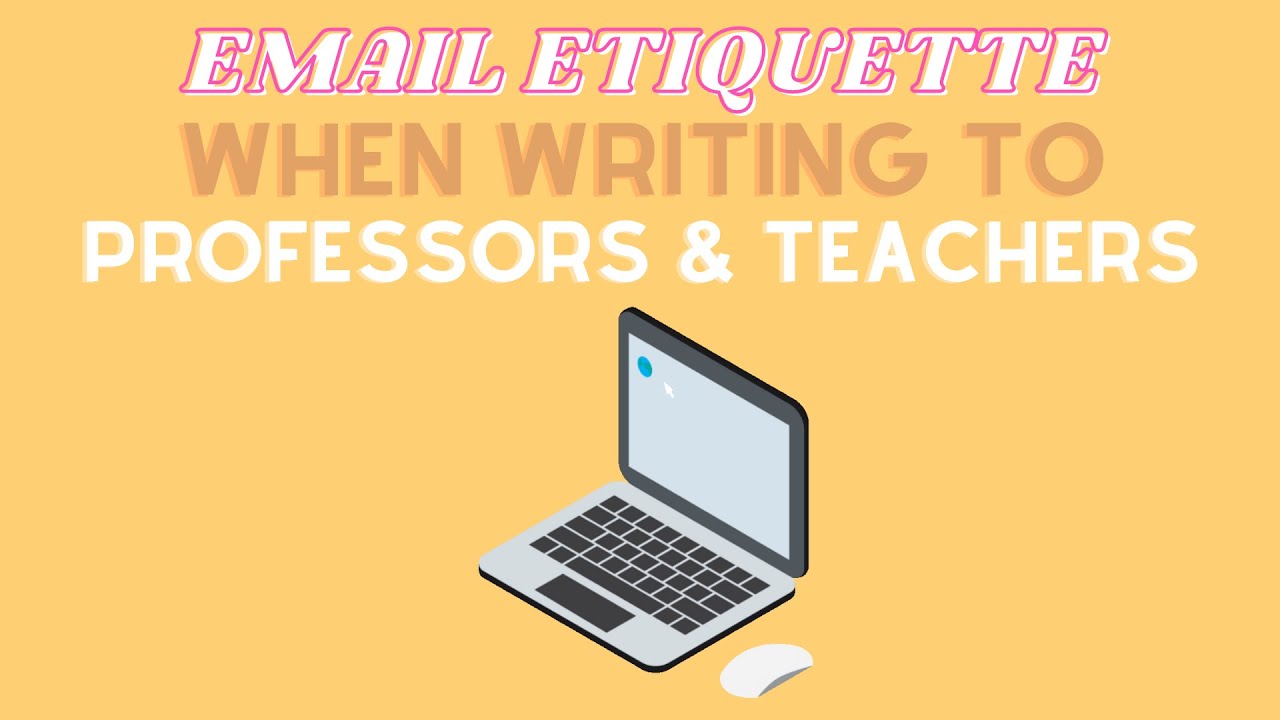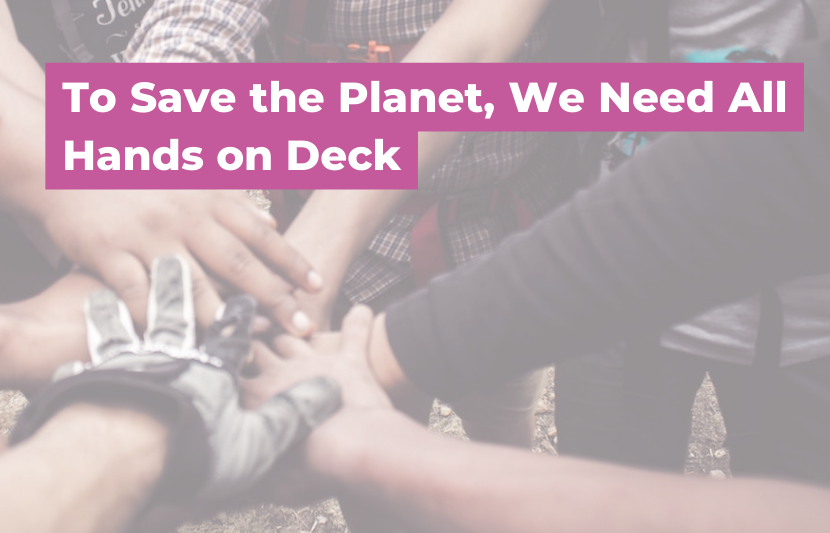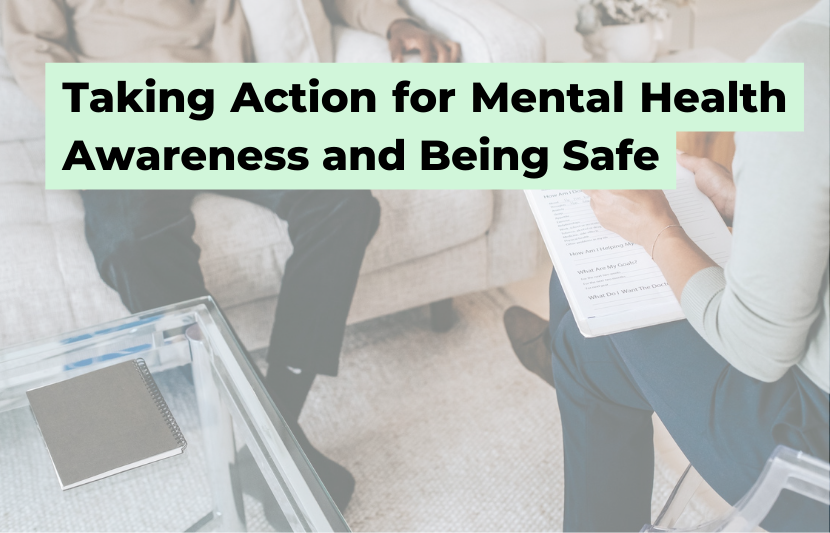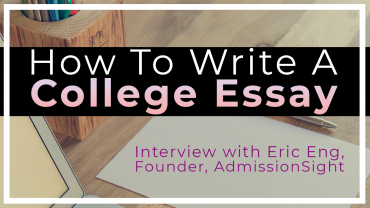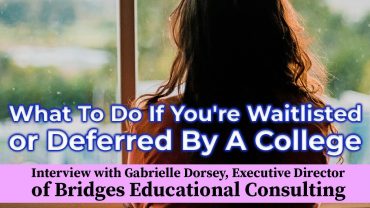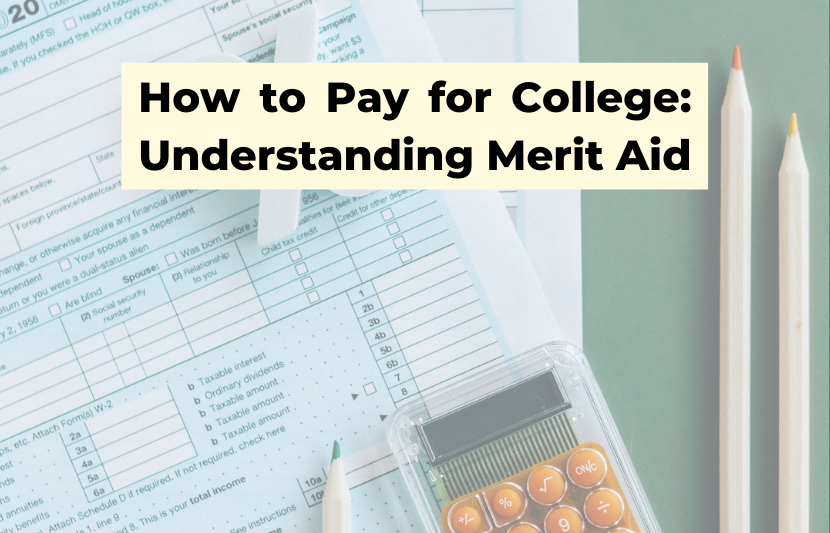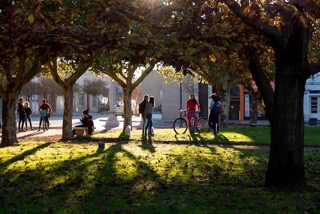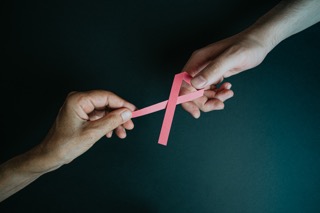In this episode of TUN TV, Dr. Crystal Rose interviews Dr. Cammie Rolle, co-founder of the Advanced Science Exploratory Program, TUN’s Community App partner.
Dr. Rose: Welcome to The University Network TV, where we scan the globe to give students, their families, and educators the very best tips for student success. I’m your host today, Dr. Crystal Rose, and on today’s show, we’re featuring The University Network’s community members. You’ve read about them. You may have clicked on their websites, but today, you’ll actually get to hear from them directly.
And if you’ve been with us for any length of time, you’ll know just like our tips, we search out only the best types of organizations that will give you agency, will help you get into and stay into college and beyond. These are high bars, and that’s what you have today with ASciencePro or Advanced Science Exploratory Program. And we have for you today, co-founder and professor Dr. Cammie Rolle.
Welcome, Dr. Rolle.
Dr. Rolle: Hi, there. I’m happy to be here. Thanks for having me, Crystal.
Dr. Rose: Absolutely. Now, tell us the name of your organization. What do you prefer?
Dr. Rolle: So we go by Advanced Science Exploratory Program, but our short handle for all our social media and website is AScience Pro. So, both are good.
Dr. Rose: Excellent. Now, can you tell us who the co-founders are?
Dr. Rolle: Absolutely. So, myself and my co-founder Dr. Christine Walsh.
Dr. Rose: Oh, wonderful. And what are the goals of your organization?
Dr. Rolle: So, the organization came from myself and Christine’s interest from mentoring a number of different high school and college-level students who, by the time, they were in late college – sometimes, even in graduate school – they were only starting to understand the scope of the scientific field, the scope of the research field, and what it even meant to be a scientist.
And from our own experience, whereas for myself, I had no idea until I was late in college that you could be a scientist that wasn’t wearing a white coat and a chemist. I didn’t understand what that even looked like, let alone how to navigate the various fields and the various career options, and Christine had the same, similar experience.
So, our goal in creating this, it came from our passion to stop those conversations where students were finding out too late. By too late, I mean past the point where they can be getting some of the opportunities that they would have otherwise had in high school or college.
And so, our mission is to educate and inform students at both the high school and college levels about not only the career options but what it means to be in different fields that are related to research and science.
Dr. Rose: Ooh, so that’s really exciting, and it’s really relevant for a lot of our students. So, how can students become involved?
Dr. Rolle: Yeah. So, we really encourage student involvement in two ways.
The first way is to use our resources. We’re a nonprofit that was developed solely just to try to help students navigate this space. We don’t see a lot of other nonprofits or a lot of other resources that are doing this right now effectively. So, that’s why we started in the first place.
So, we just encourage as many students as we can to come and join the different things we’re offering. We just had a career seminar series where we focused on six different professionals in the field of medicine or in the field of academia or industry, and they’re just there to answer questions, and it was completely free and open access. So, we encourage that level of involvement, of course, because that’s why we’re here.
Second-level involvement is, we have mechanisms for high school students and college students right now to be involved as volunteers and to be involved in different ways in our C&C Editorials, which our scientific journalists set up right now.
So, we have an editorial board that are looking for college students, and we have a journalist group that are looking for high schoolers. And that format may be changing and growing. But if you visit our website, you’ll see a lot of different volunteer opportunities, both to be part of ASciencePro and to be part of our journalist’s program.
And the final way is, right now at least is, to become a regional ambassador. And so, we’re looking to improve accessibility and grow, so that we can make sure that there’s no bottlenecks in the information that students are needing and us getting the information to them.
And part of that is leaning on students themselves, trying to use them to help us get the information to the school system and to other students in their area about our resources and about the information that we’re providing mentorship-wise. So, we can just make sure we’re getting to as many students as possible. So, that’s another opportunity that you can find through our website.
Dr. Rose: What will students get out of participating in your organization, and what may they expect from different roles?
Dr. Rolle: That’s a really good question because that’s not always as clear, and so it’s a good opportunity to mention that. So, in terms of the volunteer positions, because we’re a nonprofit, we’re still trying to get resources and funding, and so we lean on a lot of our volunteers to help run the program.
We’re volunteering and we lean on the people that are volunteering their time as well. And so, in that way, we have students. For instance, we have a student right now leading our whole social media effort. She’s helping us really get out there through social media, and she’s a volunteer, and she’s called our content manager. She’s not only getting experience on that end for her own CV and her own experience, but she’s really helping our program.
We are also looking and looking through applications and welcoming applications for other managerial types – things like, for instance, organizing different types of lists. We can be targeting to try and make sure we’re reaching as many students and parents of those students as possible.
And so, a lot of that just means on your own time – it’s almost always virtual as we’re a virtual-run program – on your own time, trying to offer your time to meet whatever objective it is of the role that you’re filling.
So, I would say that’s one aspect of it. The hours are really around what you have. It’s really just more helping us towards a goal. The scientific journalist program is changing and so what we’re moving to in the fall is, we are now welcoming journal applications. We’re welcoming research articles that we will publish as part of our journal and keeping open to any high school or college student that wants to apply and offer a journal article.
Therefore, the burden is less because there won’t be deadlines and criteria outside of the call for applications. You’re submitting an article that you’re passionate about and excited about.
Then the other way, you’d be involved as a regional ambassador and for that position, all that really means is taking time, when you have it, to network with the schools that fall within your region, particularly the high schools that fall within the region.
You’re going to your own school, you’re going to your science teachers in your school, going to related science clubs at your school, and trying to just spread the word about the resources that we’re offering – to make sure that we can maybe come into your school and talk to you about the different types of fields and what science looks like. And just make sure that we’re really disseminating the information as well as possible to as many students as possible.
Dr. Rose: That’s fantastic. Thank you so much for summing that up. You’re looking for students who have agency. Students who have a lot of curiosity and students who have a passion to make a difference and really offer more students the opportunity to work with your organization.
Dr. Rolle: Exactly. Thank you.
Dr. Rose: Until next time. Thank you very much for joining us today on TUN TV.
This interview has been edited for clarity.
For more exclusive interviews with experts who share their insight to help students succeed, check TUN TV!
Related:

